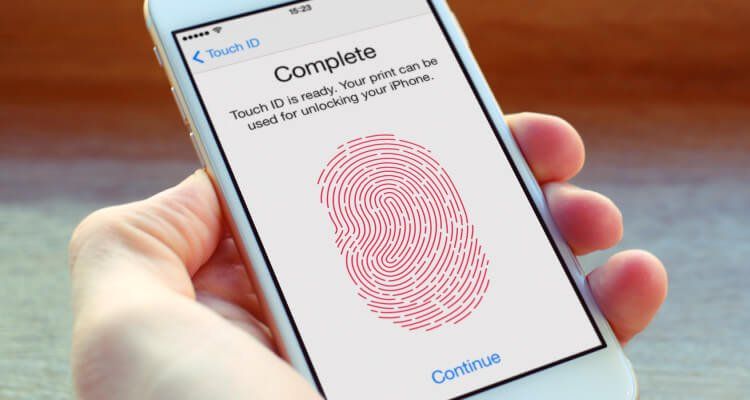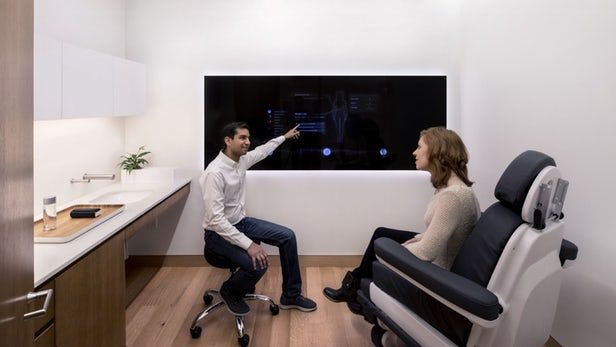Feb 16, 2017
Material can turn sunlight, heat and movement into electricity—all at once
Posted by Klaus Baldauf in categories: privacy, solar power, sustainability, wearables
Many forms of energy surround you: sunlight, the heat in your room and even your own movements. All that energy—normally wasted—can potentially help power your portable and wearable gadgets, from biometric sensors to smart watches. Now, researchers from the University of Oulu in Finland have found that a mineral with the perovskite crystal structure has the right properties to extract energy from multiple sources at the same time.
Perovskites are a family of minerals, many of which have shown promise for harvesting one or two types of energy at a time—but not simultaneously. One family member may be good for solar cells, with the right properties for efficiently converting solar energy into electricity. Meanwhile, another is adept at harnessing energy from changes in temperature and pressure, which can arise from motion, making them so-called pyroelectric and piezoelectric materials, respectively.
Sometimes, however, just one type of energy isn’t enough. A given form of energy isn’t always available—maybe it’s cloudy or you’re in a meeting and can’t get up to move around. Other researchers have developed devices that can harness multiple forms of energy, but they require multiple materials, adding bulk to what’s supposed to be a small and portable device.
Continue reading “Material can turn sunlight, heat and movement into electricity—all at once” »


 One problem that has made news in the Bitcoin word is the geographical concentration of miners and mining pools.
One problem that has made news in the Bitcoin word is the geographical concentration of miners and mining pools.













